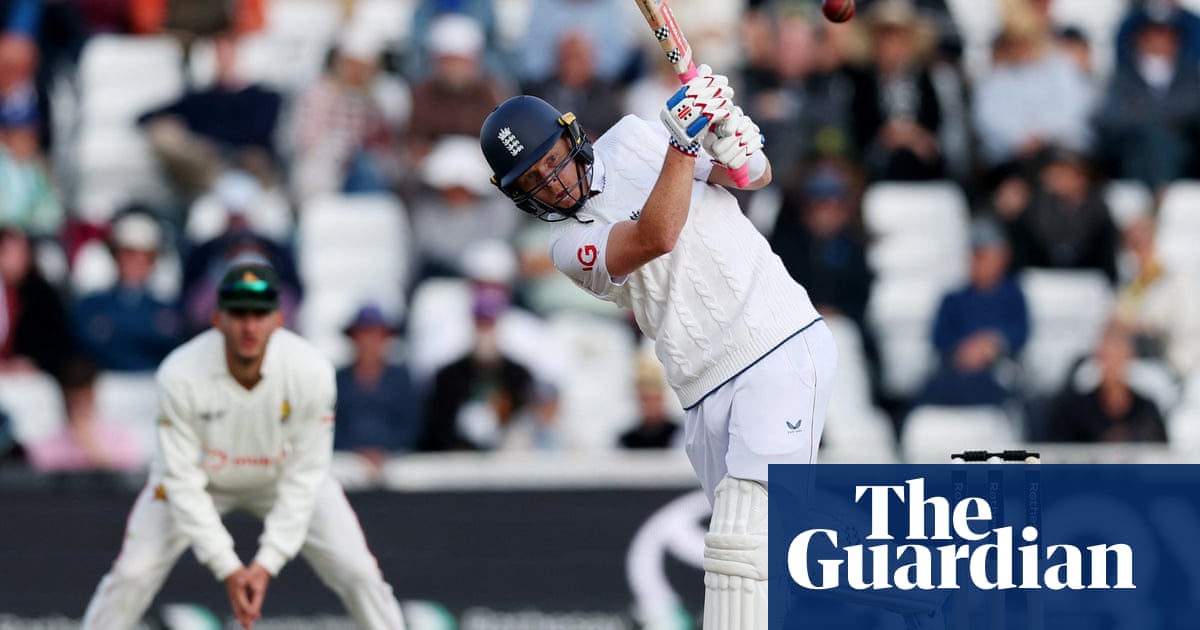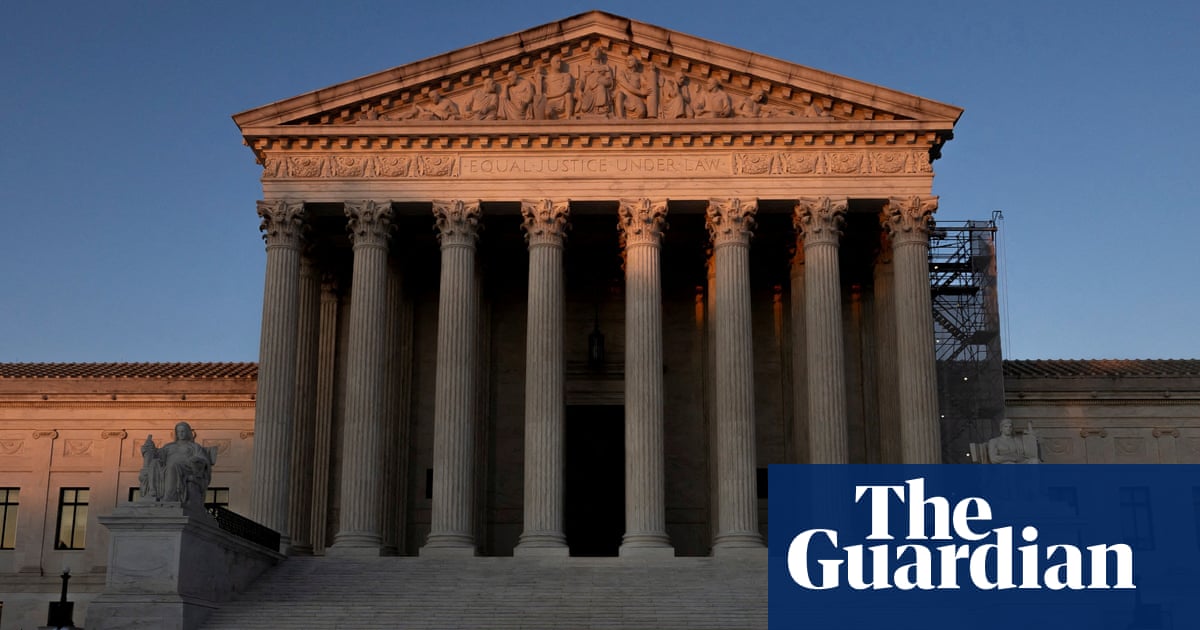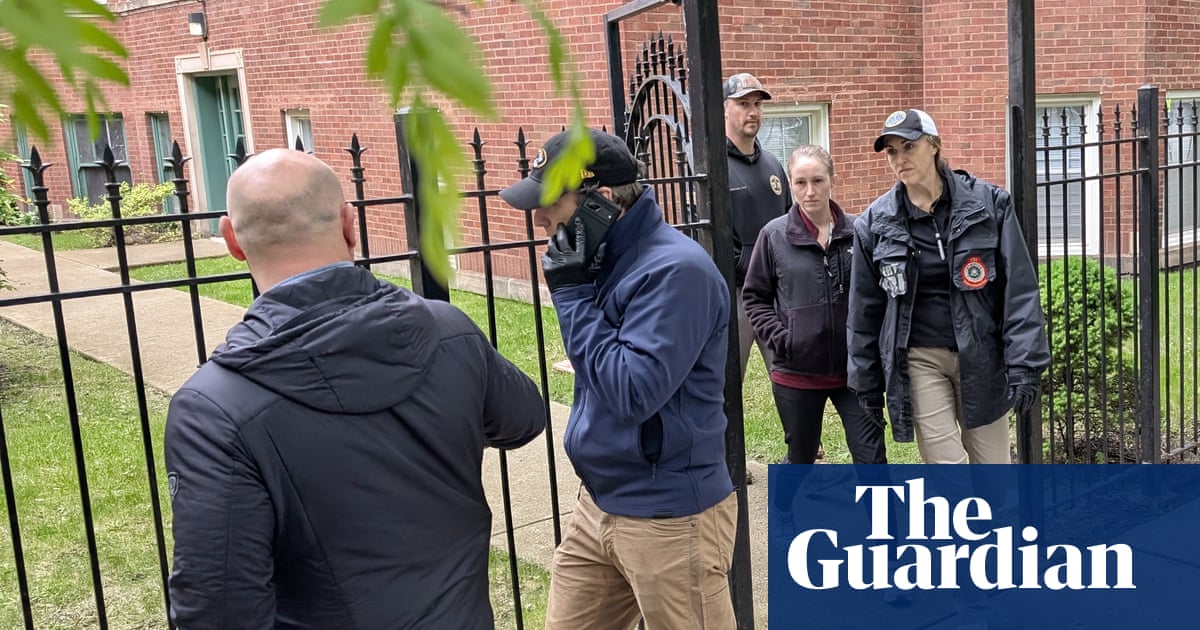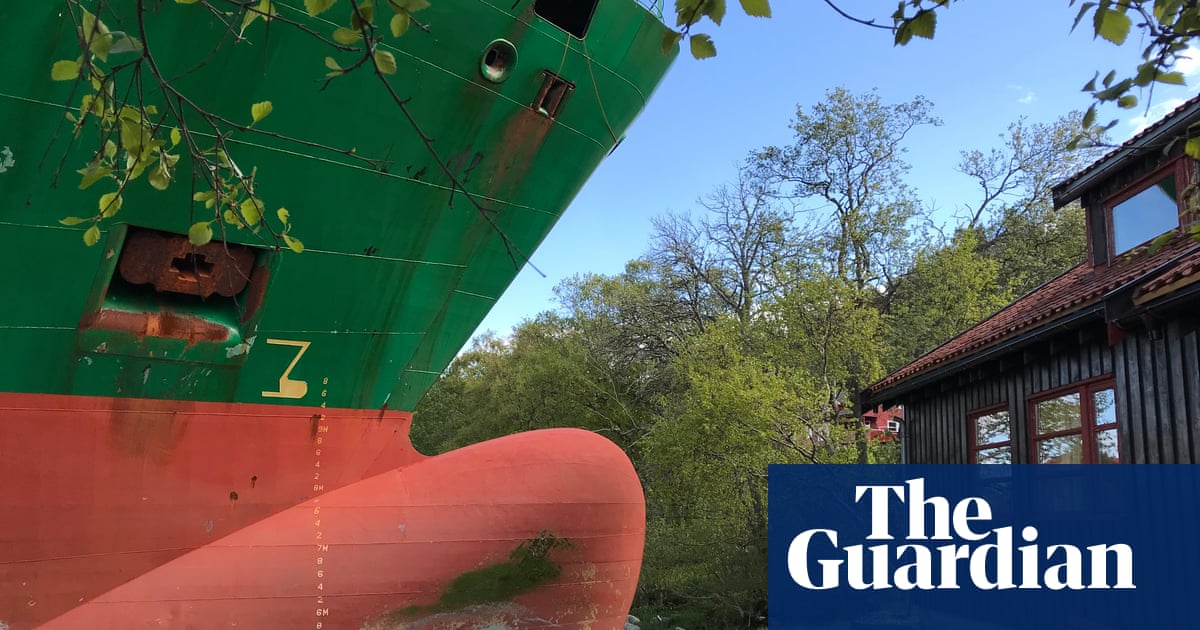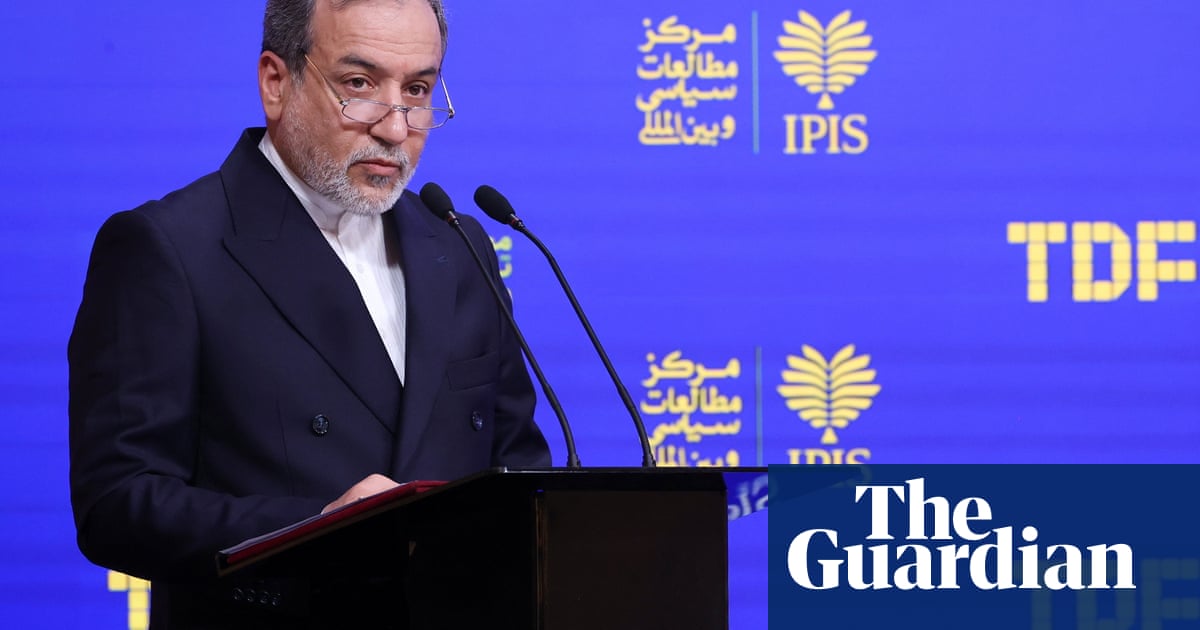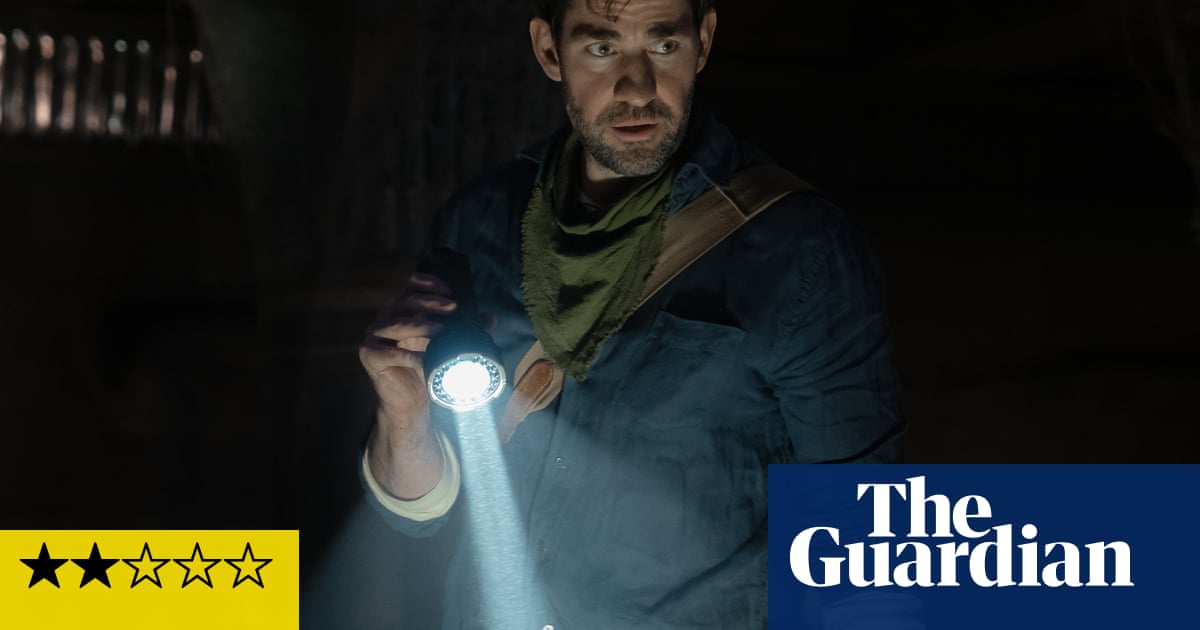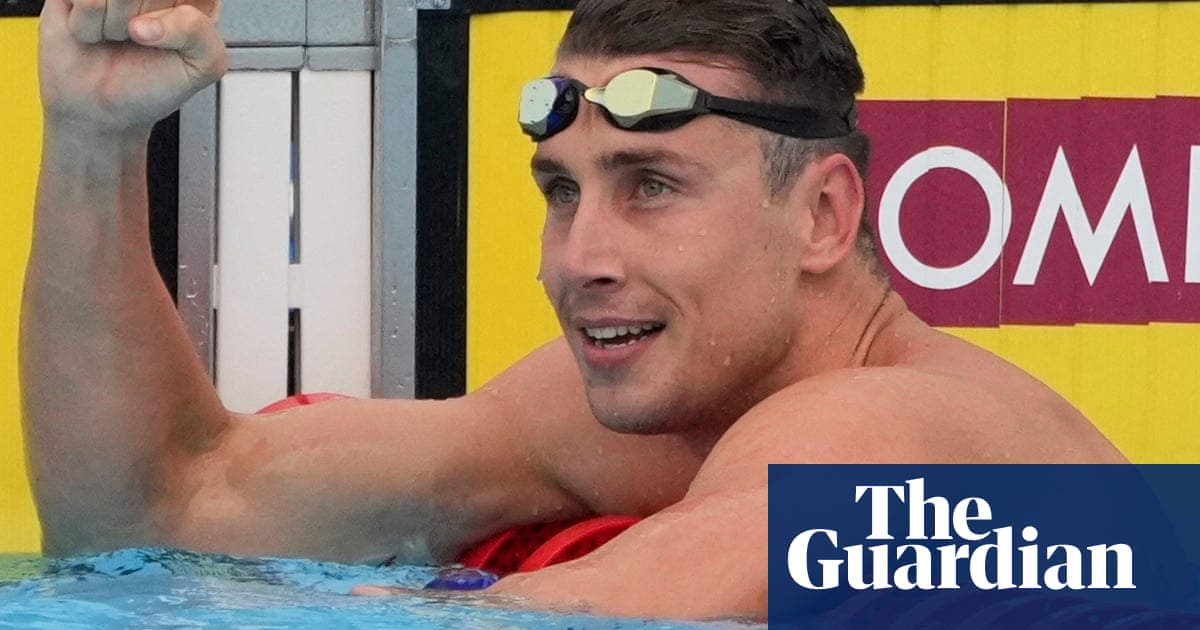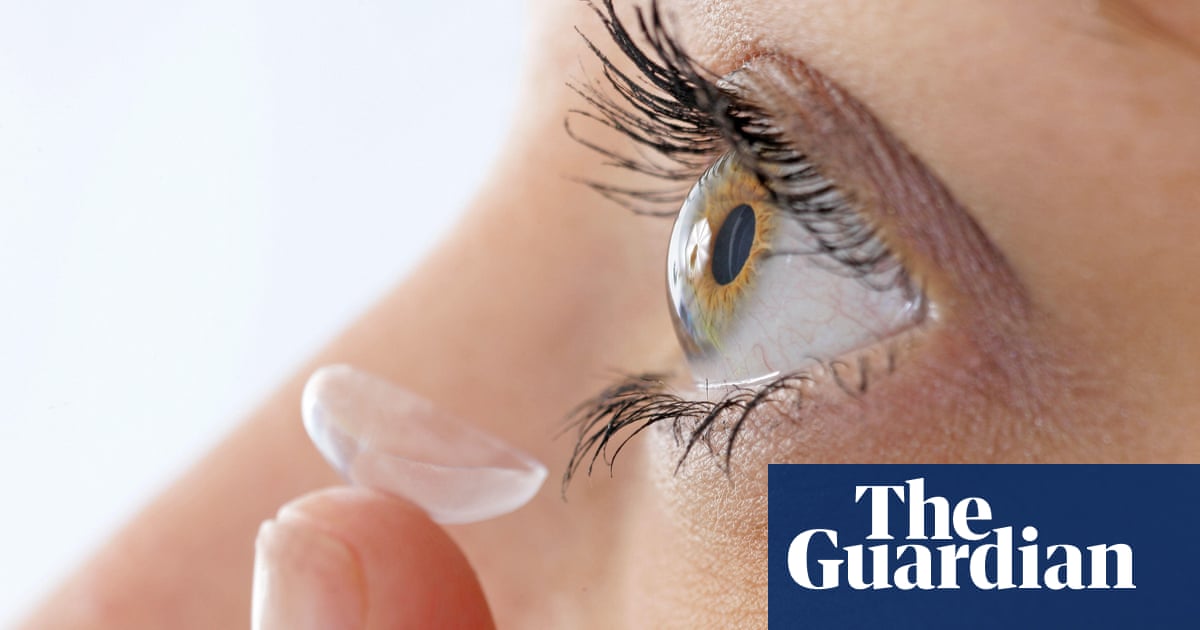The US army spent nearly $1m (£750,000) last year on anti-snake venom drugs for troops, which evidence suggests may have weak efficacy.
The two drugs do not appear to have undergone any independent testing for safety or effectiveness, an investigation has found, despite evidence that the civilian version of one of the drugs tested had weak efficacy.
Neither the army nor the government agency that recommended the military drug tested it to verify manufacturer’s claims, the Bureau of Investigative Journalism (TBIJ) revealed.
The drugs are not among those that have been assessed and recommended by the World Health Organization, and because they are not intended for use in the US, they have not been fully assessed by the US Food and Drug Administration.
It comes as snakebite – one of the world’s deadliest yet most neglected health crises – was formally on the global agenda at the World Health Assembly on Thursday in Geneva.
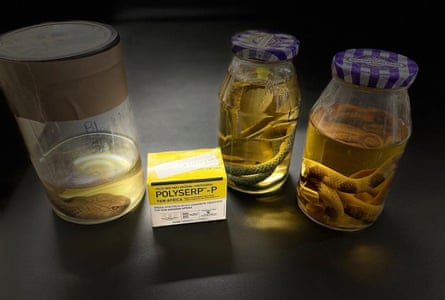
The event, co-hosted by Kenya, Egypt and Costa Rica, was to highlight an issue that kills up to 138,000 people a year and leaves 400,000 more with life-changing injuries, usually in the world’s most vulnerable communities, where there is little access to effective antivenom.
The drugs are versions of a snakebite antivenom called Polyserp and cost the US army a combined $880,000 last year. One covers Middle Eastern, north African and central Asian regions, and the other covers sub-Saharan Africa – where a TBIJ investigation revealed a “wild west” of antivenoms that are badly made, marketed and regulated.
The company promoting the sub-Saharan version of Polyserp (called Polyserp-P) demonstrates the drug’s credentials with studies relating to another drug, Inoserp Pan-Africa. Both drugs are from the same manufacturer.
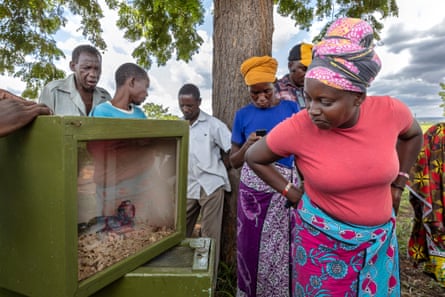
The sub-Saharan version of Inoserp featured in the TBIJ’s investigation into useless antivenom, where testing revealed that, compared with its competitors, a vial of Inoserp contained only a fraction of the necessary active ingredient. Test results suggested that more than 70 vials would be needed to treat bites from certain snakes.
One Kenyan doctor who has been treating snakebite for more than two decades told the TBIJ that he refuses to use Inoserp. The drug failed in a bid to get WHO approval in 2017.
A spokesperson from Inosan Biopharma, which produces both drugs, and Polyserp Therapeutics, which markets Polyserp, said the companies questioned the validity of the testing done by the TBIJ.
The spokesperson said: “Polyserp-P is an updated version of Inoserp with higher potency and expanded indication exclusively produced and approved for distribution to US military customers.”
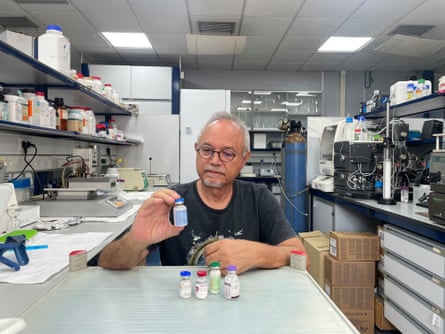
Inosan Biopharma and Polyserp Therapeutics also said that “Inoserp and Polyserp have proven effectiveness in robust pre-clinical and clinical trials” and that a panel of independent experts reviewed the clinical, preclinical and safety data.
Neither company responded to repeated requests to share evidence to back up these claims.
Juan Calvete, of the Instituto de Biomedicina de Valencia, whose laboratory conducts antivenom tests for the WHO, was refused samples of Polyserp-P in 2021. He was told by Polyserp Therapeutics that it was “only available to US military customers” and was sent three studies that purported to show the “safety and efficacy” of Polyserp but in fact related to the other drug, Inoserp.
Dr David Williams, a snakebite expert at the WHO, said extrapolating data from one product to another “is not consistent with the WHO guidance”.
Only three antivenoms for sub-Saharan Africa carry a WHO recommendation; 10 more are undergoing assessment, of which Inoserp is one. Polyserp has never been assessed by WHO.
A US army spokesperson told the TBIJ that the army “does not conduct independent testing of medical products and does not have a third-party testing for snake antivenom”.
Polyserp-P was recommended by the US Defence Health Agency’s joint trauma system (JTS) in 2020. The JTS told the TBIJ: “The recommendations were based off subject matter experts who evaluated peer-reviewed medical literature and the manufacturer’s recommendations.”

 5 hours ago
3
5 hours ago
3
